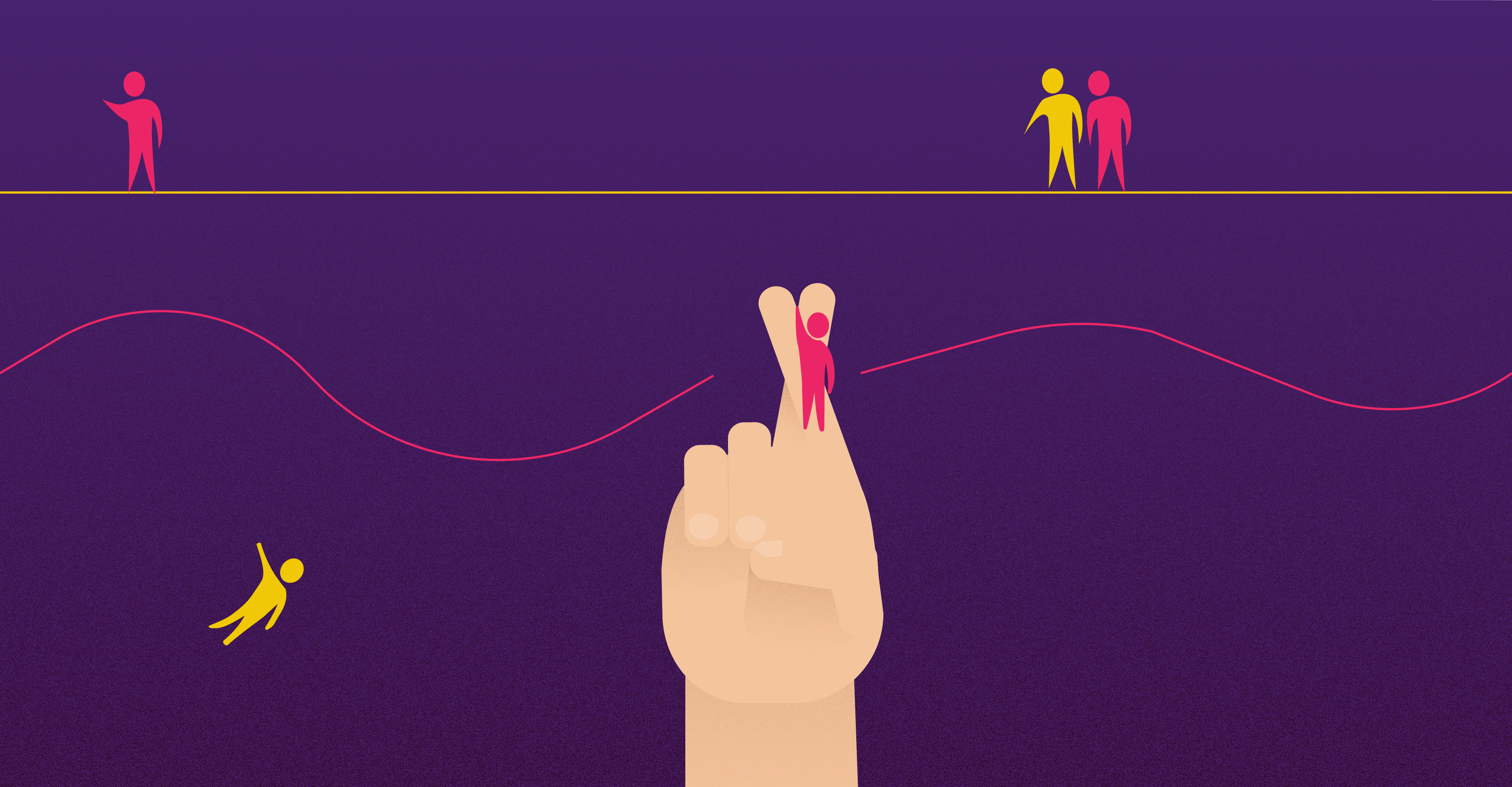Startup CEO advice: stones and chisels
In this post we want to talk to you not only Startup CEOs, but everyone that makes decisions. Yes, this is about decision making. Not about how to make harder, better, faster, stronger decisions, but about how to make more thoughtful decisions. What makes a decision good, is a matter of perspective. Something may be good for the CEO, bad for the employees, neutral for the company. Some decision may be good for the company, but sucks for everyone that works there, including the CEO (i.e. binge coding into infinity fuelled by pizza and energy drinks). Also, with thoughtful decisions comes the issue of the weight of your word. Words matter, especially when said by people regarding things that effect other people. It is blatantly obvious why it is said that respect is earned and not bought. Highly respected people are usually people that think before speaking and deciding, and do not go back on their words easily. Finally, with respect, comes integrity. If you want to make it in the business world, respect and integrity matter as much as talent and skill.

Every day in life we make decisions. We decide to wake up, to brush our teeth, to put on clothes, to wear shoes, and to kick an annoying accessory dog on our way to work (or not). There’s a trend to take the concept of decision fatigue to the extreme, where you try to limit decision making stuff in your life, (i.e. wearing the same clothes every day, like Mark Zuckerberg), but ignore that for now. Every decision you make, says something about you, and it means something, to someone. That is why, before making decisions you must think about them and what they mean. Deciding to wear pajamas to work means something, but deciding to wear a slutty dress to work also means something. Kicking a dog can mean that you love football. It can also mean that you particularly don’t like dogs. It can also mean both. Decisions have a multitude of meanings to different people and just thinking about them can help you find the better one. A more realistic example is deciding that your employees have to stay late, for the fourth time this week, because the company has to meet a deadline, when you are well aware that two of your employees have children at home waiting for them. Does that decision make the boss man a dick? Maybe. Or is it something necessary, that will make or break the company, therefore making him a savior? If you think about decisions and what they mean, they can lead you to making better decisions. Here’s another example: deciding whether to use Slack, HipChat, or Microsoft Teams. Using Slack means that you/your company is cool. It also means that you like jumping on bandwagons. It’s all kinds of things.
Whatever you decide, just remember to think about it beforehand. Try to balance the amount of thought in a decision relative to its importance. I.e. don’t take forever to decide what you want for lunch, because by then, it’s dinner time and people have already starved. After that’s done, you open up a drawer in your desk, grab a small hammer and a chisel, and start writing what you’ve said in a beautiful granite stone. Then, if you ever decide to change your mind, you open up your other drawer, take your stone sander out, sand the surface where you chiseled something, and then start chiseling again. This analogy should serve you when it comes to going back on your word. Imagine chiseling your big decisions and promises in very large letters in stone, whereas your small ones in miniscule letters. When it comes to going back on that decision, is it worth the work that needs to go into sanding down the stone and writing on it again? Every time you sand that granite, it’s going to lose its sheen. The shininess of your granite is going to command the respect of you by others. People will know that when you say something, you’ve thought about it, and you mean it.
Why is all of this important? Why can’t we all just be like fish, have a memory of ten seconds and just do whatever we feel like doing? It’s because decisions have consequences. Words are not just words. They turn into actions, and those actions have more planned actions that await the completion of the initial actions, thereby leading to a chain of events that are beyond any human calculations. People in positions of responsibility where they lead other people in their team should always be firm in their decisions.
People make plans, and those plans can’t consist of only rainbows and unicorns. If you’re reading this, then mere survival is not your biggest obstacle. You’re seeking to create something bigger and better with other fellow human beings for those of tomorrow. So, think first, decide, and stick to it, because in the famous words of Daft Punk: "...more than ever, hour after hour, work is never over".